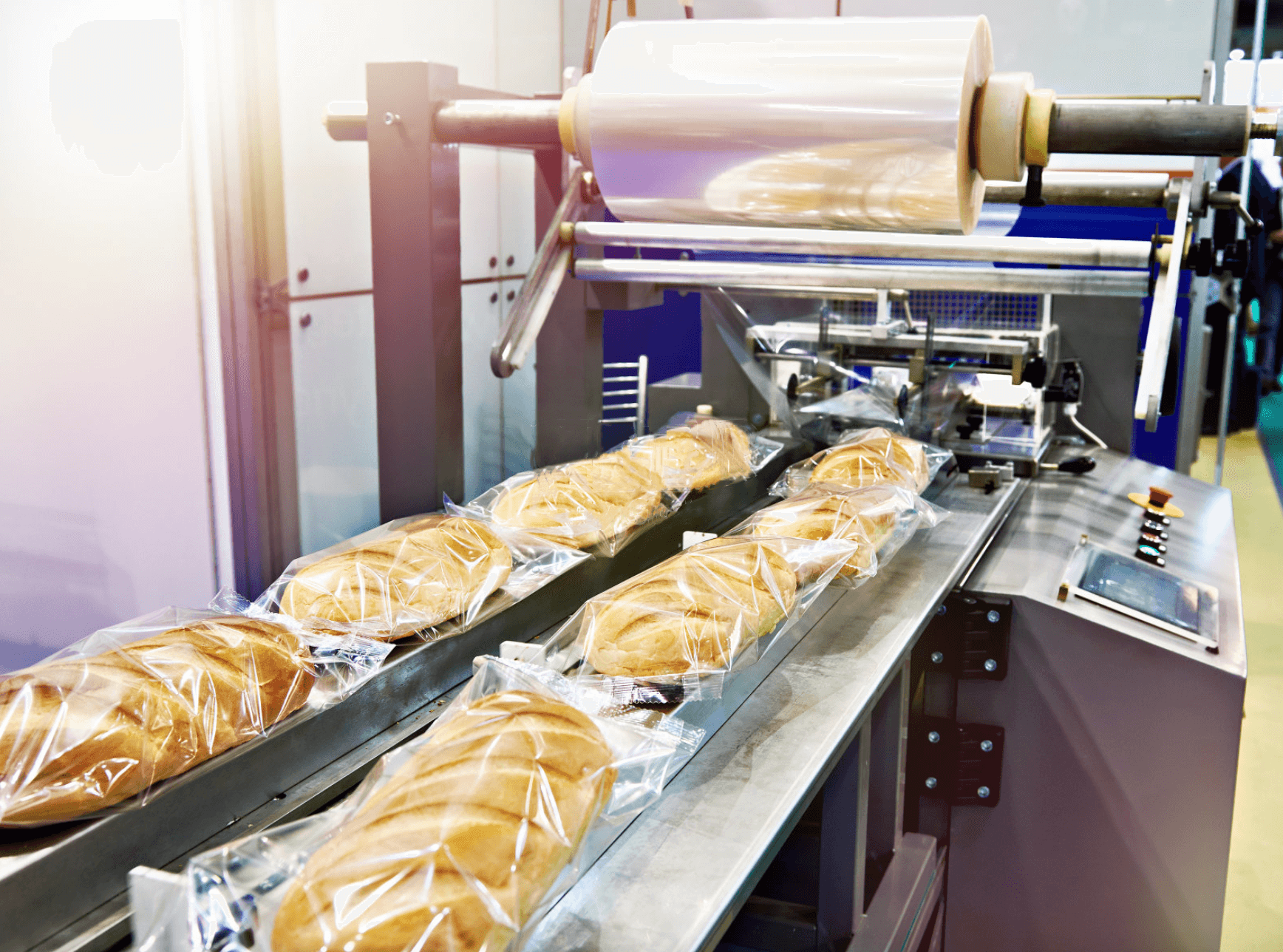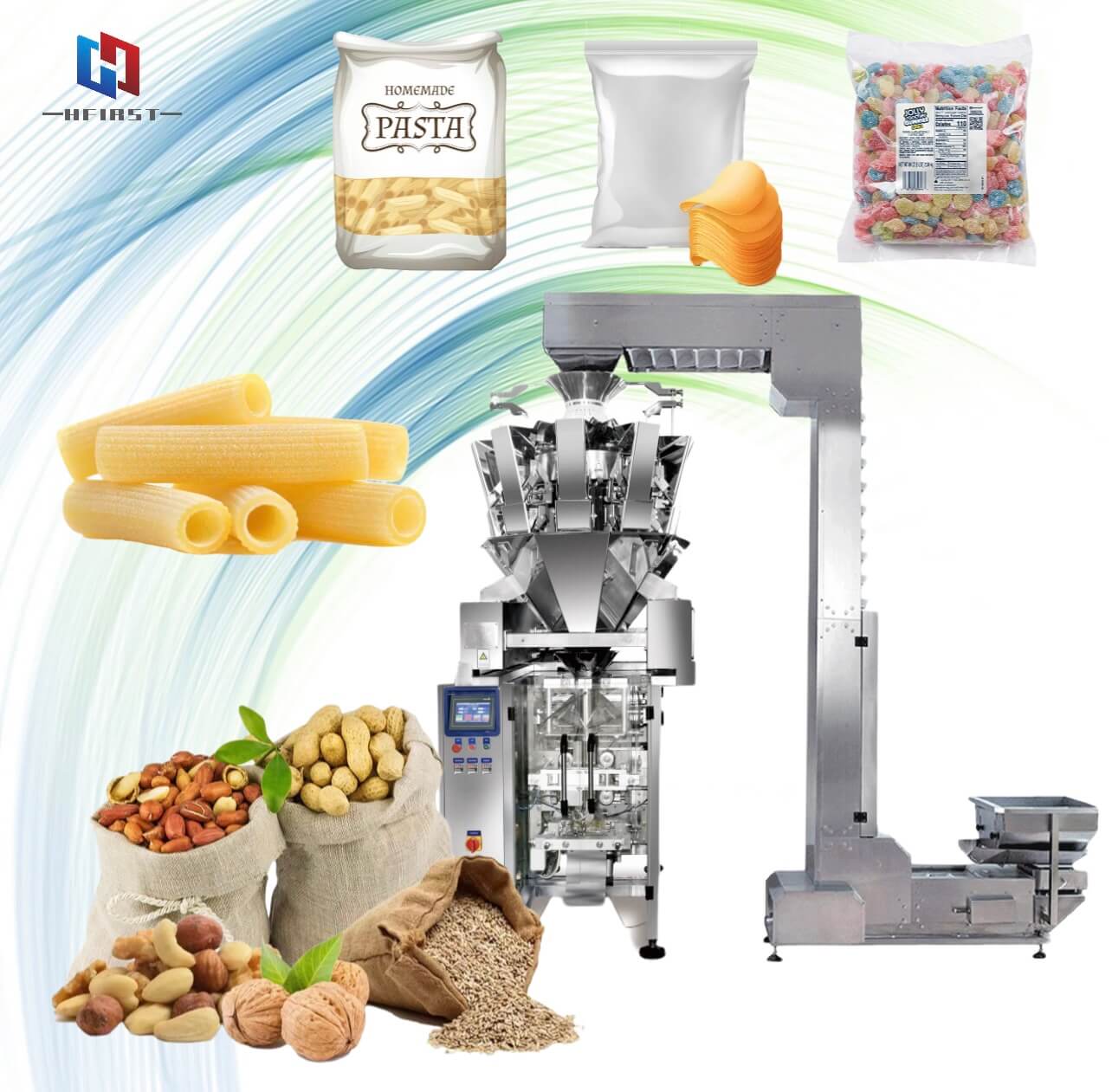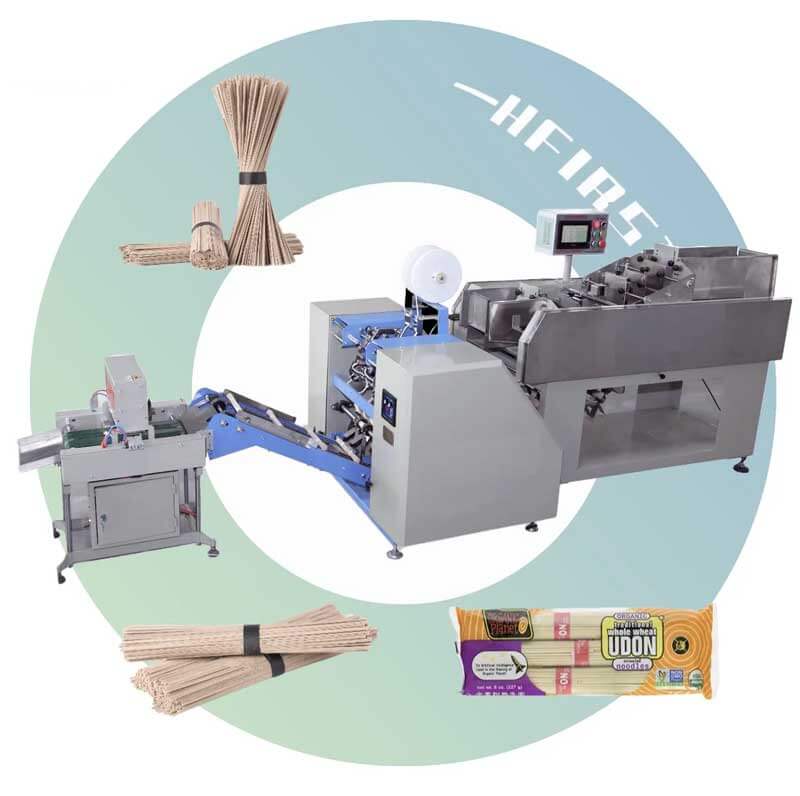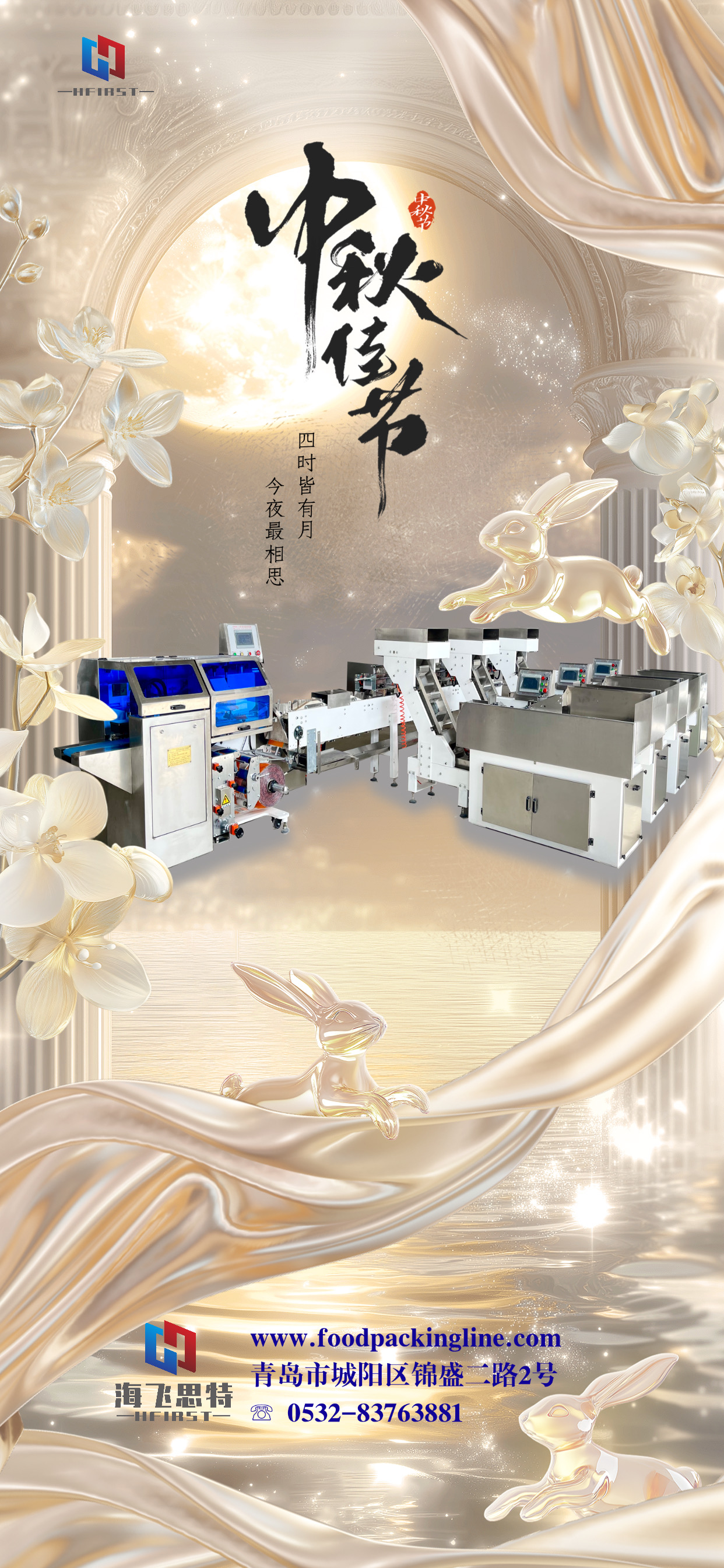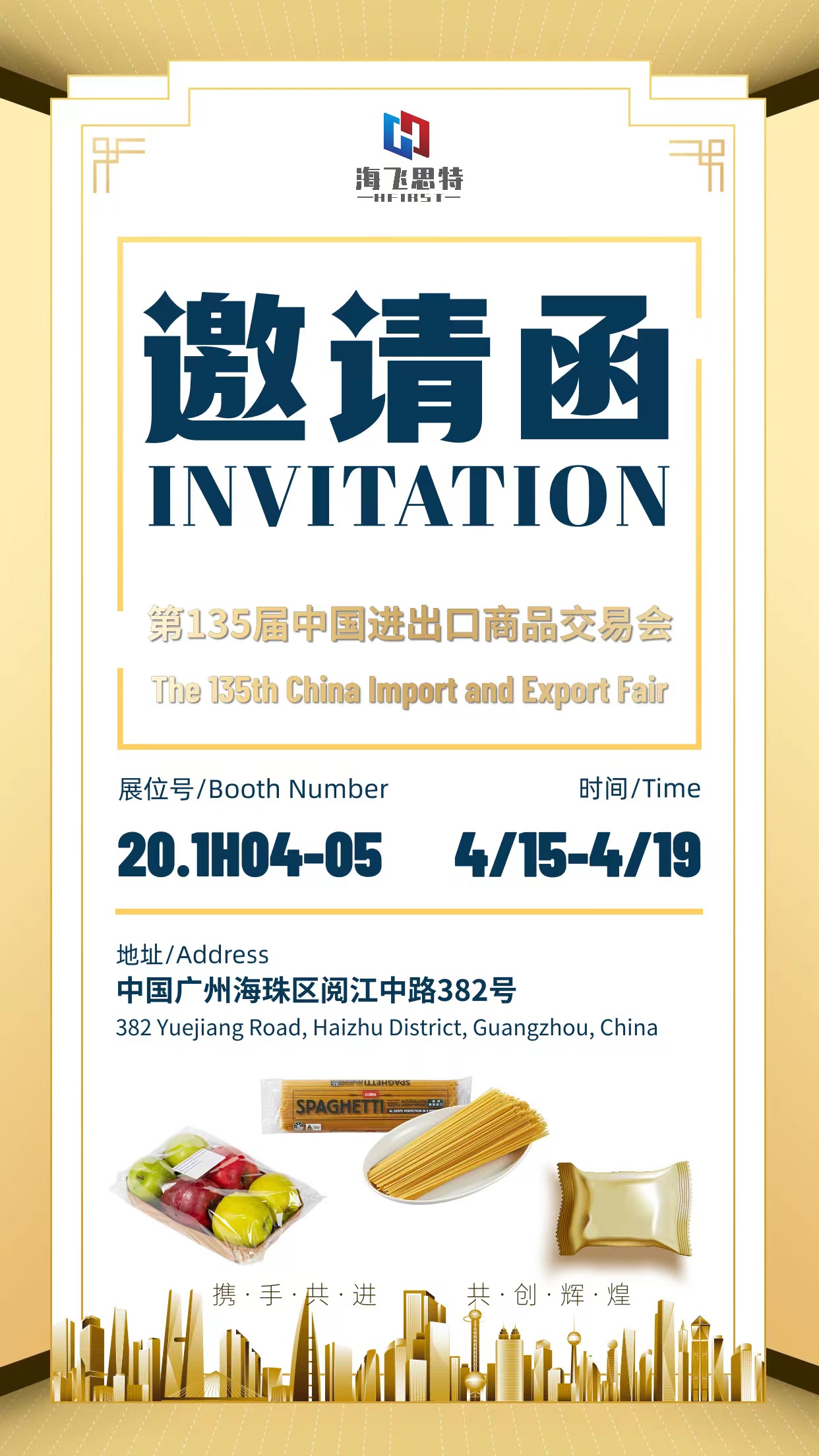Why is automation needed in food industry
2023-08-17
In today's fast-paced world, where convenience is key,
plays a vital role in ensuring the safety, freshness, and efficiency of our food supply. With the increasing demand for ready-to-eat meals, snacks, and pre-packaged products, the importance of automatic food packaging cannot be overstated. One of the primary advantages of automatic food packaging is its ability to extend the shelf life of perishable goods. Through the use of advanced technologies such as modified atmosphere packaging (MAP), which involves altering the composition of the air surrounding the food, automatic packaging helps to slow down the growth of bacteria and other microorganisms that cause food spoilage. This ensures that consumers can enjoy their favorite foods for longer periods, reducing food waste and promoting sustainability. Furthermore, automatic food packaging plays a crucial role in maintaining food safety. By implementing strict quality control measures and sanitary practices, automatic packaging systems minimize the risk of contamination during the packaging process. This is particularly important when dealing with sensitive food items such as raw meats, dairy products, and fresh produce. The sealed packaging acts as a protective barrier, preventing the entry of pathogens and foreign substances, and ensuring that the food remains safe and suitable for consumption. In addition to food safety, automatic food packaging also enhances convenience for both consumers and manufacturers. For consumers, pre-packaged foods save time and effort, allowing for quick and easy meal preparation. It eliminates the need for measuring ingredients, portioning, and storing excess food. This is especially beneficial for individuals with busy lifestyles or those with limited cooking skills. Moreover, automatic packaging provides clear labeling and portion control, helping consumers make informed choices about their dietary needs. For manufacturers, automatic food packaging guarantees consistency and efficiency in the packaging process. It reduces human error and ensures accurate weighing, sealing, and labeling of products. With the ability to handle high volumes of food items, automatic packaging systems significantly increase productivity and reduce labor costs. This enables manufacturers to meet the growing demands of the market while maintaining product quality and reducing waste. Furthermore, automatic food packaging has a significant impact on the overall sustainability of the food industry. By employing eco-friendly materials and optimizing packaging design, automatic packaging systems reduce the consumption of resources and minimize environmental impact. Additionally, the use of recyclable and biodegradable materials promotes responsible disposal practices, contributing to a greener and more sustainable future. In conclusion, automatic food packaging plays a pivotal role in ensuring the safety, freshness, and efficiency of our food supply. By extending shelf life, maintaining food safety, enhancing convenience, and promoting sustainability, automatic packaging systems have become an indispensable part of the modern food industry. As consumer demand for ready-to-eat meals continues to rise, the importance of automatic food packaging will only continue to grow, revolutionizing the way we package, store, and consume our food.
